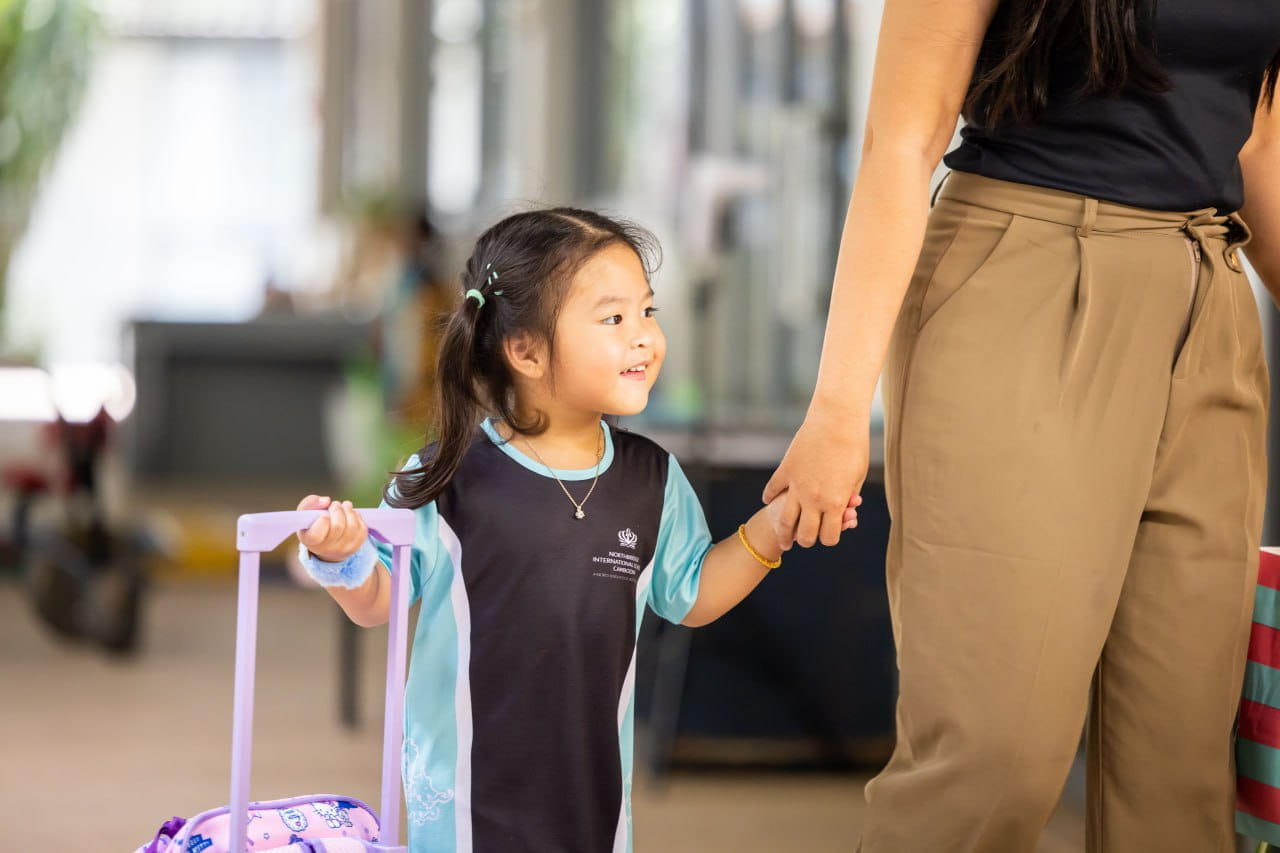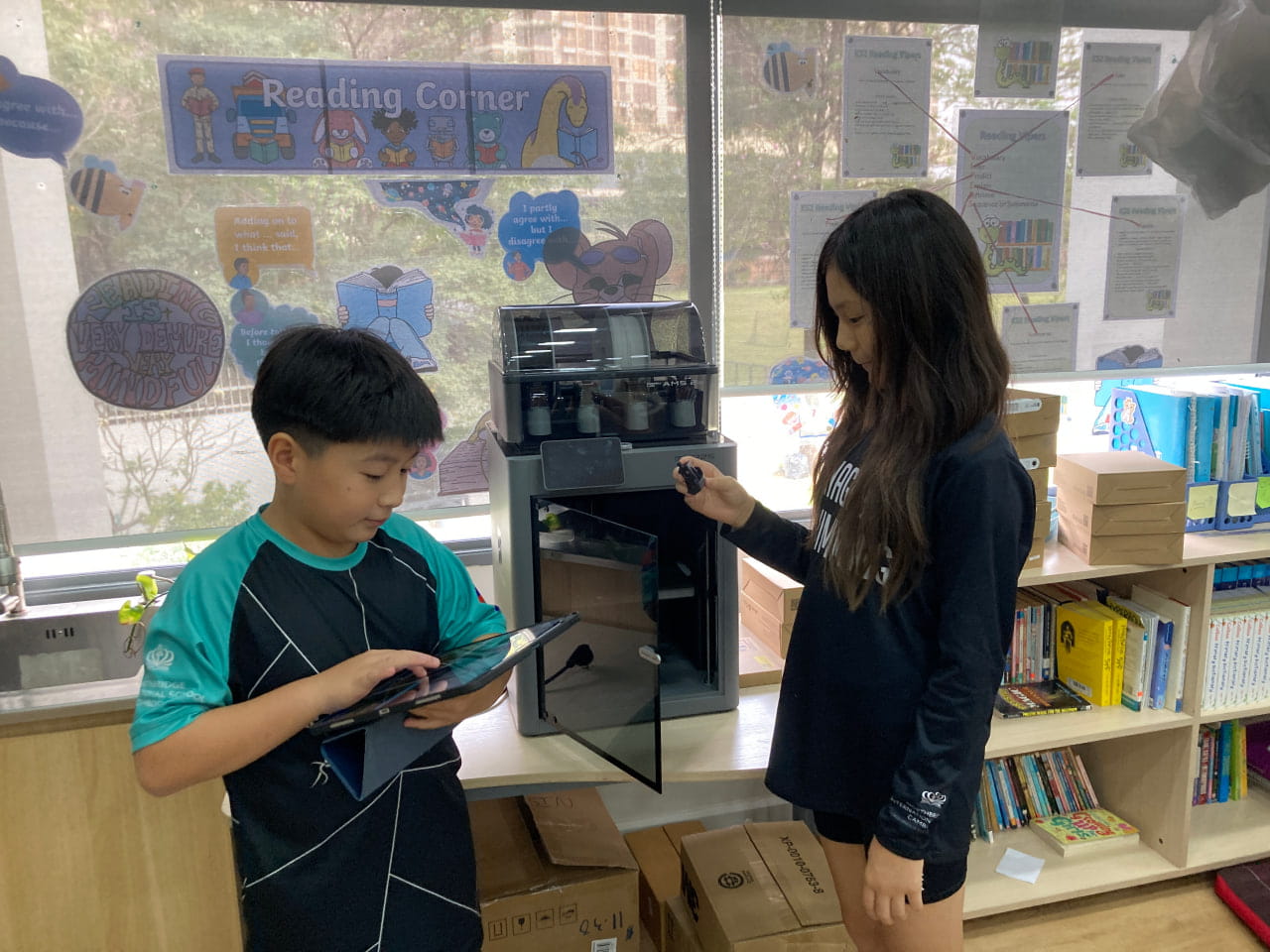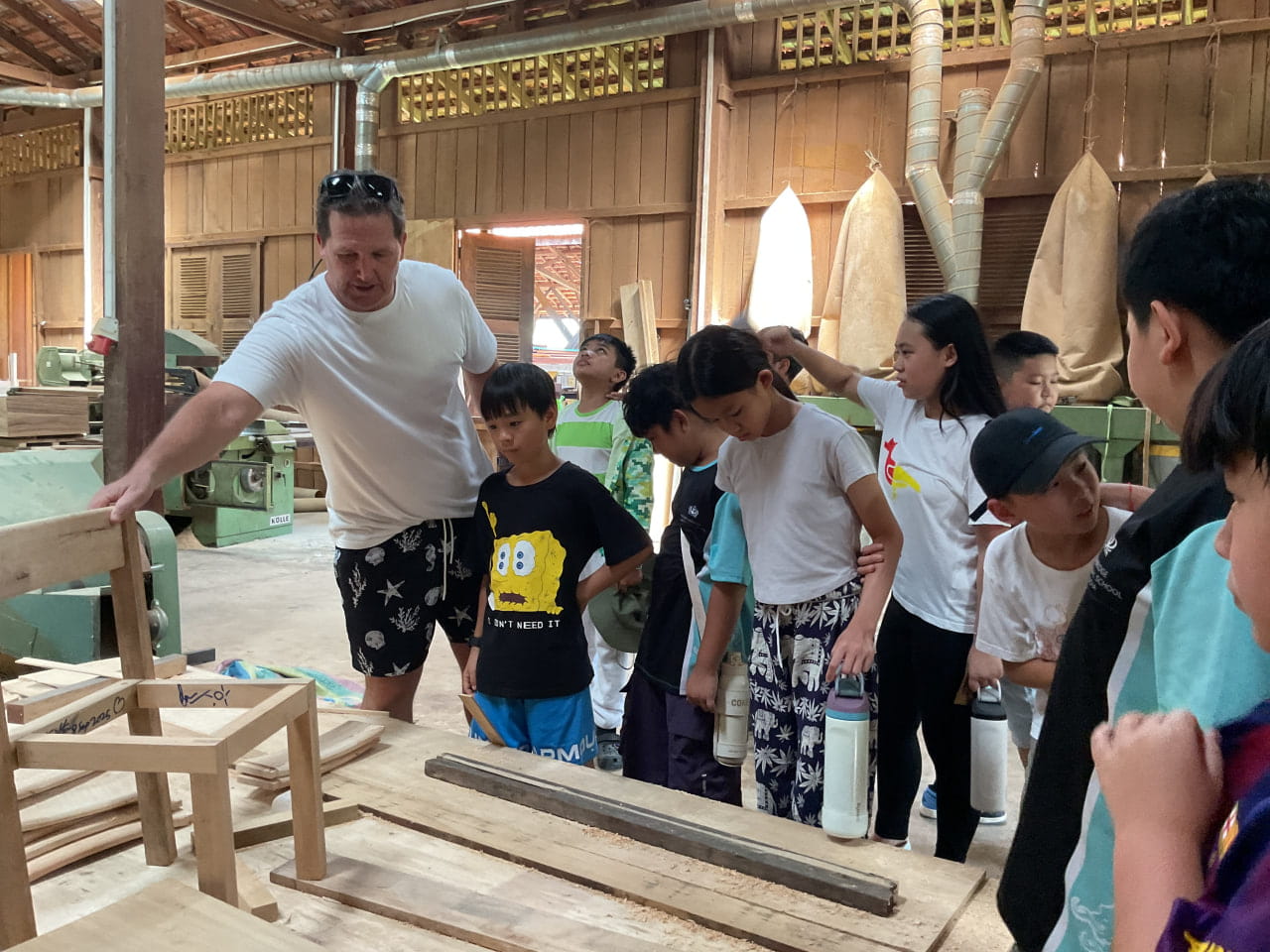Developing independence skills is essential to a child’s development:
- Independence helps children become more confident,helps them to regulate their emotions and motivates them to try new activities
- Teaches self management skills as they learn organization and planning skillsas well as perseveranceto keep trying when a task is difficult
- Strengthens muscles, balance and co-ordination plusgross motorand fine motor skills, which helps them to be more successful in daily activities
- Improves communication skills through following directions, asking for help, learning new vocabulary, and expressing their needs
- Builds social skills as they become more aware of the needs of others, work cooperatively and understand to care and help each other
- Develops thinking skills through problem-solving, critical thinking and transferring their independence skills to other learning experiences
Independence skills are so important in Early Learning, which is why it's part of our curriculum and PYP unit of inquiry ‘How We Organize Ourselves”. We target skills and routines such as organizing their shoes, water bottle, school bag and snack/lunch, sitting down for circle time, washing their hands, eating independently, taking turns, tidying up the toys after play, napping by themselves, preparing for specialist classes such as PE, swimming and Library and helping each other.
We do this through modelling, visual cues, songs, games, repetition and positive reinforcement. As students become more independent and understand and follow the routines, they are more prepared for learning experiences, newactivities and challenges.
Here are some ways parents can support independence skills at home:
- Keep a daily routine such as regular bedtimes
- Eat by themselves sitting at a table without a screen
- Encourage them to tidy up and/or collect toys
- Small tasks such as feeding the pet, watering plants
- Personal hygiene such as washing their hands
- Putting shoes on and taking them off
- Changing their clothes
- Walking instead of being carried
- Carry their own school bag and lunch box
- Give them choices (eg. clothes they want to wear, what healthy snack they want to eat)
- Toilet training, encourage them to tell you when they need to go. It’s ok to have accidents!
- Give a chance to correct mistakes (such as dropping something on the floor to pick it up).
It is important to be patient and support your child step-by-step while learning new skills through modeling and guidance. Help your child to have an ‘I can do it’ attitude and celebrate and praise when they do something by themselves, even if it’s not perfect.
With support from both home and school, our Early Learning students will build the independence skills they need, a foundation for success!






